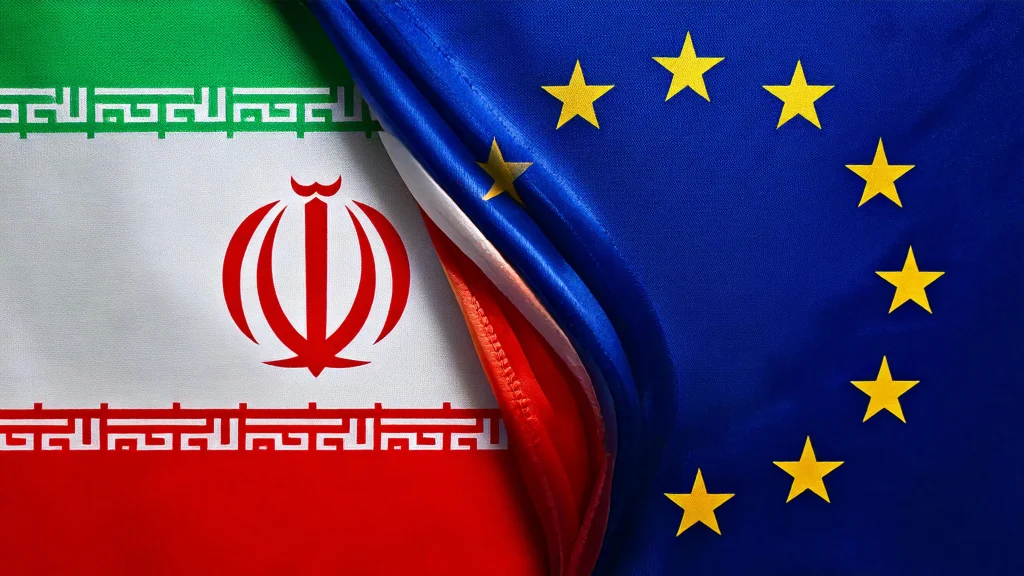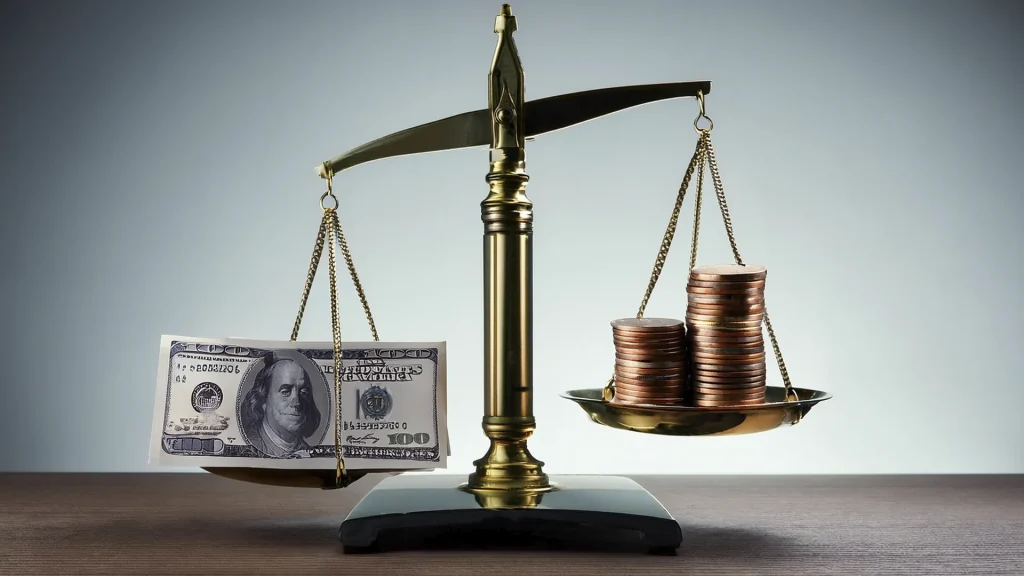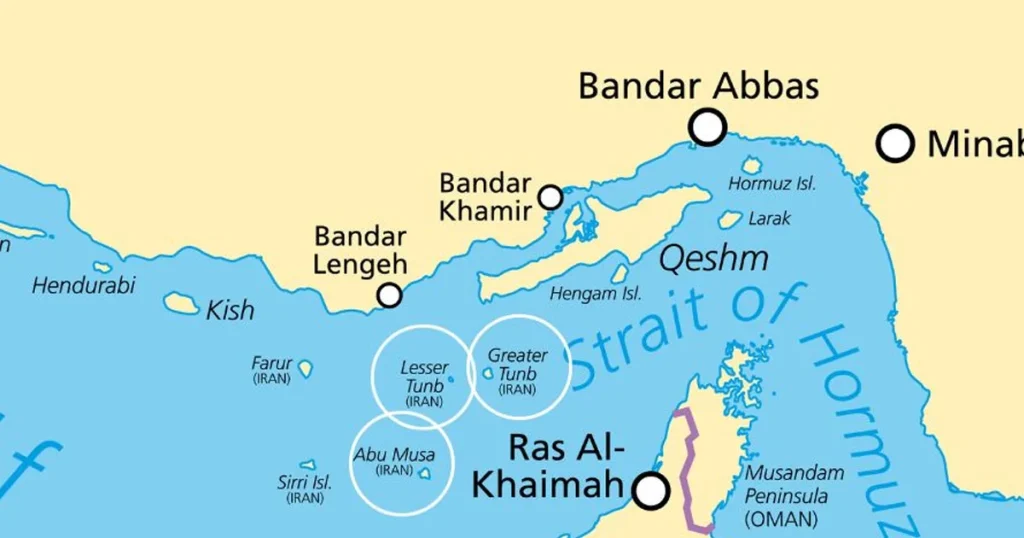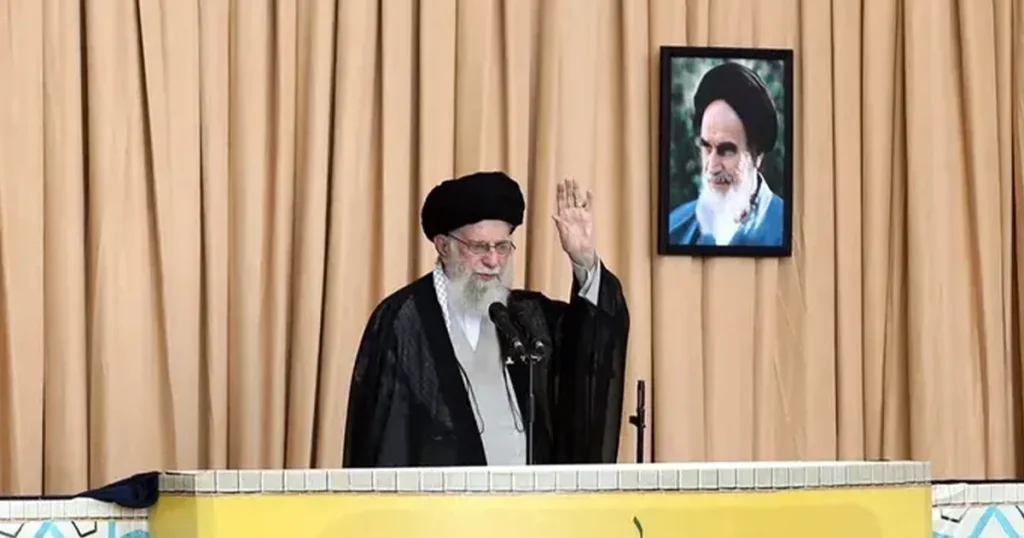Introduction
This dossier examines the complex and contentious economic and academic ties between Italy and the Islamic Republic of Iran, particularly focusing on the connections involving the Islamic Revolutionary Guard Corps (IRGC). The IRGC has been designated as a foreign terrorist organization by the United States and faces substantial sanctions from the European Union due to its involvement in terrorist activities and support for terrorist groups. Holding a pivotal position in both Iran’s economy and its academic sphere, the IRGC’s extensive reach and influence are subjects of international sanctions aimed at diminishing its operations and sway. Nevertheless, Italian organizations have maintained various forms of cooperation with Iranian counterparts, provoking serious debates regarding adherence to international laws and the moral ramifications of these engagements.
Italy-Iran Economic Entanglements feeding the global terrorism
The engagement of Italian enterprises with Iran’s economy, amid the Islamic Revolutionary Guard Corps’ (IRGC) significant presence across various sectors, spotlights profound ethical and legal dilemmas. The IRGC, recognized as a foreign terrorist organization by the United States since 2019 and heavily sanctioned by the EU, is deeply entwined in activities that starkly violate international laws and human rights norms. This association places Italian firms at a substantial risk of inadvertently supporting the IRGC’s reprehensible conduct.
In 2022, Italy exported goods worth $580 million to Iran, covering pharmaceuticals, industrial machinery, and essential technology for civil infrastructure—sectors vulnerable to the IRGC’s influence. The corps’ extensive grip on the Iranian economy, notably in energy, construction, and telecommunications, compels Italian companies to tread cautiously, aiming to comply with international sanctions while avoiding any endorsement of the IRGC’s actions.
A meeting on September 6th, 2023, between the Iranian ambassador in Rome and representatives from Italian companies in various industries, underscored Italy’s economic interests in Iran despite the existing sanctions. Ambassador Mohammad-Reza Sabouri discussed collaboration opportunities, highlighting sectors like energy, agriculture, tourism, and pharmaceuticals as areas ripe for Italian investment or partnerships.
Source : TASNIM News Agency
This dialogue highlights Iran’s strategic intent to solidify economic ties with Italy, despite rigorous international sanctions. The readiness of Italian firms to delve into the Iranian market is particularly troubling. Such engagements lend support to the Iranian Supreme Leader’s concept of a “Resistance Economy,” aimed at evading sanctions and empowering the IRGC’s strategic endeavors. Italian companies, by engaging with Iran’s economy, inadvertently intertwine with the country’s political and military ambitions, thereby risking complicity in bolstering the IRGC’s dominion and operations within key sectors. These ventures inadvertently aid the IRGC’s operational capabilities and funding sources, directly contributing to activities that compromise global security and stability, including the financing of terrorism. This not only violates international sanctions but also poses significant ethical dilemmas, necessitating a critical reassessment of Italy’s interactions with the Iranian regime.
The IRGC’s Control Over the Iranian Economy
Energy Sector
The IRGC’s dominance in Iran’s energy sector, especially oil and gas, is underscored by its direct control and the significant impact of international sanctions targeting entities like the National Iranian Oil Company (NIOC) and Khatam al-Anbiya. While NIOC itself is not officially part of the IRGC, its operations are crucial for Iran’s economy, making any interaction with Iran’s energy sector complex due to the IRGC’s pervasive influence. Sanctions against NIOC by the United States and the European Union aim to limit Iran’s ability to finance its nuclear and military ambitions. Khatam al-Anbiya, affiliated with the IRGC and sanctioned since 2010 , monopolizes significant portions of Iran’s construction and energy projects, highlighting the sanctions’ role in curtailing the IRGC’s economic power.
Construction Sector
In the construction domain, the IRGC’s influence is manifested through Khatam al-Anbiya, which manages significant infrastructure projects across Iran. This involvement showcases the IRGC’s extensive reach in national development initiatives, from highways and bridges to ports and housing. Foreign companies, including those from Italy, navigating Iran’s construction sector face ethical and legal challenges due to the potential of inadvertently supporting the IRGC’s operations, despite sanctions aimed at limiting its economic leverage.
Telecommunications Sector
The IRGC’s control over the telecommunications sector highlights its capacity to influence Iran’s communication networks significantly. This control not only allows access to sensitive information but also positions the IRGC as a key player in surveillance and information dissemination. The sector’s strategic importance is amplified by the IRGC Cooperative Foundation’s investments (Under US and UK sanctions), which extend the IRGC’s reach into various economy sectors, reinforcing the need for foreign firms to carefully assess their engagement in Iran to avoid indirect support for IRGC-linked entities.
Sanctions and International Implications
The comprehensive sanctions imposed by the United States and the European Union on the IRGC and its economic branches, including Khatam al-Anbiya and the IRGC Cooperative Foundation, highlight the international community’s efforts to restrict the IRGC’s financial capabilities. These sanctions, targeting the core sectors of Iran’s economy where the IRGC has significant control, underscore the complex landscape foreign companies, especially Italian ones, navigate. Engaging with Iran’s economy poses not just a risk of breaching sanctions but also of indirectly supporting the IRGC’s activities contrary to global security interests and human rights standards.
As of today, we have identified more than 180 Italian companies involved in economic relations with the IRGC. Among them, 93 are reportedly associated with reported involvement, indicating documented or alleged connections to the IRGC. This category serves as a clear indicator of potential support for the IRGC’s activities, whether intentional or unintentional. Such designations aim to draw public and media scrutiny towards these entities, prompting a reevaluation of their business practices in light of ethical and legal considerations. The rest are currently under assessment.
Numerous Italian companies have established significant involvement in Iran’s energy sector, collaborating with key Iranian organizations such as the National Iranian Oil Company (NIOC) and the National Iranian Gas Company (NIGC) under international sanctions. Additionally, Italian firms involved in heavy industries, including steel production and manufacturing, have reported engagements with Iranian counterparts, which could contribute to the IRGC’s activities. Moreover, technology companies operating in Iran, producing machinery and engineering solutions, have reported involvement, with certain technologies having dual-use applications with military significance. Similarly, companies operating in the telecommunications sector, have reported engagements with Iranian firms, posing a potential risk of technology transfer that could benefit the IRGC’s communication and intelligence networks. Furthermore, collaborations in industries related to surveillance, security, and defense could indirectly support the IRGC’s activities in Iran, as the IRGC maintains extensive surveillance and security apparatus to monitor and suppress dissent within the country.
Companies listed below were selected to illustrate Italy’s economic connections with Iran and to prompt further inquiry into their interactions with entities linked to the IRGC. For a comprehensive list of companies with reported involvement, please refer to the enclosed appendix.
Ansaldo Energia
Ansaldo Energia is notable for its significant involvement in Iran’s energy sector, particularly in electricity production, despite facing sanctions from both the United States and Europe. In a significant agreement signed in Tehran in 2017, Ansaldo Energia collaborated with several Iranian companies, including the National Iranian South Oil Company, Pars Oil and Gas Company, The Iranian Central Fields Company, and the Iran Fuel Conservation Company, on a project aimed at recovering and utilizing flared gas in South Pars phase 12. This project underscores Ansaldo Energia’s prominent position in the energy sector within the Italian-Iranian trade landscape.
Despite the challenges posed by sanctions, the CEO of Ansaldo Energia has expressed the company’s determination to maintain its presence in Iran, emphasizing a commitment to diplomacy and the importance of Iranian projects. This commitment is evident in agreements to construct three gas power plants, despite the suspension of contracts due to sanctions. With projects valued at €300 million and negotiations for an additional four projects potentially totaling between €700 to €800 million, Ansaldo Energia’s investments in Iran are substantial.
Additionally, the Iran Radiator Company demonstrated its manufacturing capabilities by domestically producing 32 air cooler units for Ansaldo gas turbine generators in 2023, following an order from the MAPNA Group. MAPNA Group, affiliated to IRGC is also under Canadian sanctions list.
These ongoing economic engagements between Italy and Iran, particularly Ansaldo Energia’s continued operations and the advancement of domestic manufacturing capabilities by Iranian companies, underscore the intricate dynamics of international business relations and local industry development amid geopolitical challenges.
Della Foglia
Della Foglia is currently regarded as a partner by Mehrgan PetroPars. In 2023, Mehrgan PetroPars published products manufactured by Della Foglia, including the floating one, indicating a collaborative relationship between the two companies.
Elcos SRL
Elcos SRL engaged in commercial activities with Iran since a few years, primarily focusing on power generators, automotive parts, manufacturing, and distribution sectors. There are indications of connections to the production of the Shahed 136 drone. These economic ties intersect with entities like the IRGC due to associations with SAIRC (Shahed Aviation Research Center) and its domestic partners. Kia Diesel Spadan, an Iranian import/export company for electrical generators, supplied SAIRC with foreign-made items. Kia Diesel Spadan acts as a representative for Italian companies in Iran, including Kes Energy, Elcos SRL, Tecnogen S.p.a., and Marelli. This affiliation suggests that Elcos SRL’s products may be used in Iran in ways that align with the interests or operations of the IRGC, given its extensive involvement in various sectors of Iran’s economy and infrastructure projects.
Confindustria Marmomacchine
In 2022, Flavio Marabelli, President of Confindustria Marmomacchine, announced Confindustria’s participation in the meeting of the Arak Chamber of Commerce, Industries, Mines and Agriculture of the Markazi Region in Iran. Confindustria Marmomacchine have coordinated and promoted the participation of Italian companies in the Iran Stone Exhibition (IRSE 2016)
Sofinter
Sofinter’s significant involvement in Iran’s industrial sectors, particularly through subsidiary companies such as Centro Combustione Ambiente SpA and Macchi, suggests a substantial presence in Iran’s economy.
The reported participation in petrochemical projects in Iran raises concerns about potential collaboration with entities affiliated with the IRGC, given the IRGC’s significant influence in Iran’s petrochemical industry.
TE.MA. S.r.l.:
TE.MA. S.r.l. was identified as a partner on the Petropars website, indicating active engagement in Iran’s oil and gas sector. The company’s market presence in Iran, as indicated on its official website, suggests ongoing business activities in industries potentially influenced by the IRGC.
Thermoplay:
Thermoplay’s presence in Iran with a representative office in Tehran suggests an established business relationship in the country. The company’s reported collaboration with the Iranian Sahar Company raises concerns about potential involvement in industries under the influence of the IRGC.






